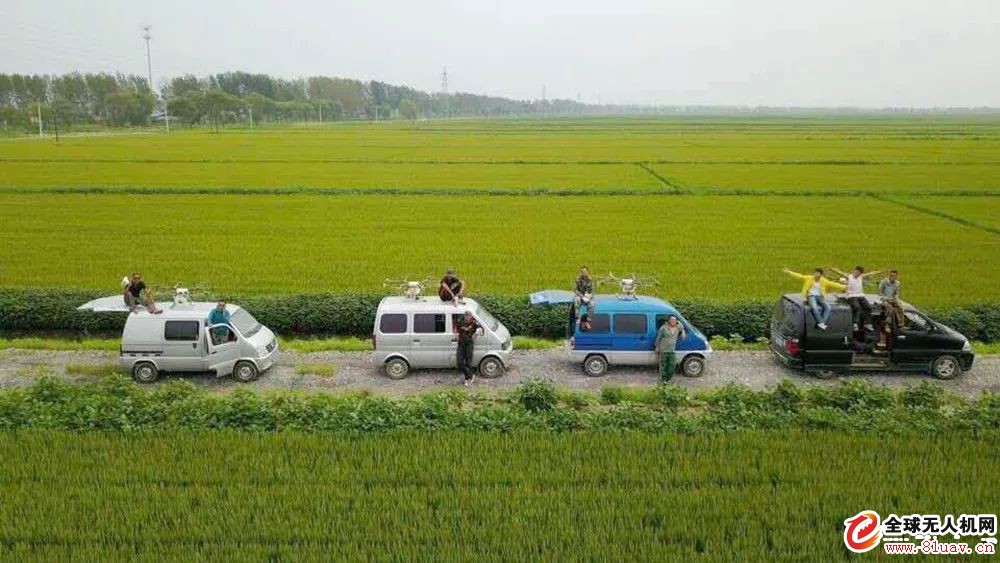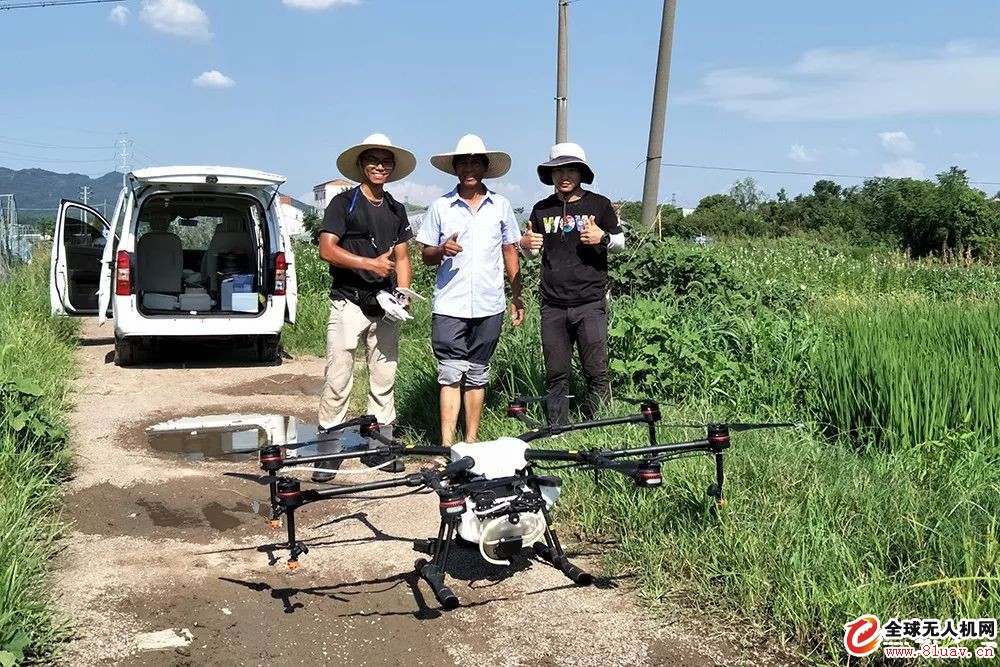Excellent drone plant protection captain essential skills
What are the essential qualities of the core members of an outstanding plant protection team? This is a question that every team in the industry is constantly thinking about. The current workforce in the aerial plant protection sector is quite diverse, and the market is still in its early stages of development. Based on my own observations and interactions with several plant protection teams, I would like to share some insights into the business practices and characteristics of successful teams.

The core of a strong plant protection team typically includes the team leader and the person in charge. In smaller teams, these roles may be combined, but in medium or large teams, they are usually separate. A sustainable and profitable operation requires a clear-minded leader who understands the industry, as well as an experienced team captain. The captain's ability to assess the market, choose the right equipment, and make sound decisions can directly impact the success of the team.
As the leader of the team, it’s important to define the direction of the team’s operations. From planning the flight routes to ensuring quality during the application process, maintaining user satisfaction, and managing team dynamics, all these factors contribute to long-term growth in a competitive market.
The selection of a team captain is one of the most critical decisions a plant protection team can make. The captain has a significant influence on team efficiency, performance, and morale. In fact, the profitability of the team often depends heavily on the captain’s experience and leadership skills. What kind of capabilities should an excellent plant protection captain possess?
"A deep understanding of plant protection"
Is there a captain who doesn’t understand the basics of plant protection? Unfortunately, some teams might have such individuals. With the rapid growth of the aerial plant protection market in China, many people from non-agricultural backgrounds have entered this field. Some learn and grow, while others struggle and face setbacks. If a team leader lacks industry knowledge, even a minor phytotoxicity incident could cost the team months of income.
"Strong communication skills"
The team captain must communicate effectively with both the operators and the ground crew, as well as with farmers regarding the details of the application and payment processes. A good captain should be approachable and skilled at explaining things. For example, when a farmer asks for lower flights, a skilled captain will explain the reasons behind their decisions rather than simply giving in.

"Good interpersonal relationships"
Aerial plant protection is physically demanding work. The captain must manage schedules, coordinate between operators and ground staff, and handle the unpredictable nature of fieldwork. A strong team captain acts as the glue that holds everything together, ensuring smooth operations and fostering a positive team environment.
"Effective personnel management"
China has a wide variety of land types, from large plots in Xinjiang and Heilongjiang to small, irregular plots in the south. A skilled captain knows how to assign the right number of operators based on the local conditions. For instance, if a plot is only 20 acres, sending two operators might not be efficient, and the daily profit could fall short after deducting labor costs.
In summary, the key qualities of a successful plant protection team include leadership, technical knowledge, communication skills, team coordination, and effective resource allocation. As the plant protection market continues to evolve, especially in 2018, teams that focus on continuous improvement and adaptability will have the best chance of growing and thriving in this dynamic industry.
Anyang Kayo Amorphous Technology Co.,Ltd. , https://www.kayoamotech.com